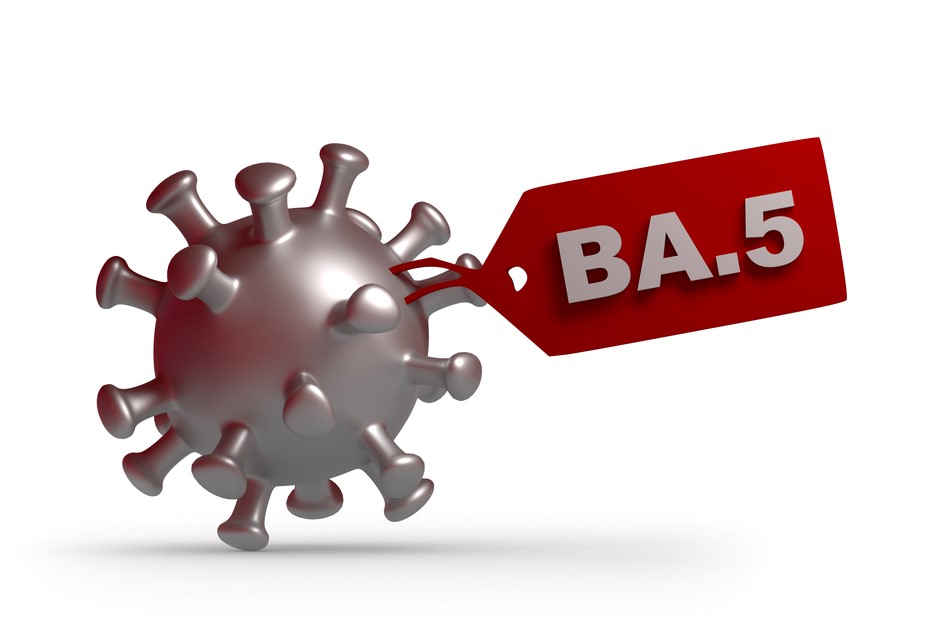
Covid Omicron 5 variant: symptoms and incubation
Omicron 5: three years after the start of the Covid-19 pandemic we are still dealing with a contagious and extremely mutable virus: from Alpha to the more significant Delta and then Omicron
Precisely the Omicron variant is so far the mutated version of the virus that has generated the most cases globally due to its sub-variants, such as the most recent Omicron 5 (BA.5).
Covid variant Omicron 5
First reported in early 2022 in South Africa, the Omicron 5 variant is now one of the most prevalent Sas-CoV-2 virus subvariants in the world.
What makes it different from the others is its higher contagiousness, which allows it to spread even faster.
Preliminary data, in fact, state that the Omicron 5 variant has unique characteristics that give it the ability to evade the immune system even of people who have already recovered from a previous Covid-19 infection and those who have been fully vaccinated.
In practice, this variant can reinfect people who were immune to previous forms of Omicron and other variants.
Symptoms of the Omicron 5 variant
The Omicron 5 variant also presents fairly common and unceremonious symptoms, superimposable to a cold.
Typically, the infection presents with:
- A stuffy and runny nose
- Fatigue, tiredness and widespread malaise
- Sore throat and cough
- Headache and fever
However, there is no shortage of people who also report muscle pain, reduced appetite, nausea and diarrhoea, while loss of taste and smell are increasingly rare.
In fact, symptoms vary in severity and duration due to various factors such as vaccination, age, general state of health and thus the immune system’s ability to react, and much more.
In any case, attention must always be paid to any shortness of breath, which must be reported immediately to the doctor and possibly monitored with a saturation meter.
Incubation period of Omicron 5
The incubation time of the variant appears to have been reduced in comparison to previous mutations (Alpha and Delta).
The onset of symptoms occurs more quickly, 3 days after infection, and not as before, when it took up to 14 days to trigger the infection.
Recovery from Omicron 5 is not immediate, but antibodies generally begin to develop 3-4 days after the initial onset.
Slowly then the fever and joint pains disappear, strength returns, and within 10 to 14 days the swab is negative.
Read Also:
Emergency Live Even More…Live: Download The New Free App Of Your Newspaper For IOS And Android
Omicron Variant: What Is It And What Are The Symptoms Of The Infection?
What Heart And Stroke Patients Need To Know About COVID-19 In 2022
Russia, Doctors Detect Mucormycosis In Covid-19 Patients: What Causes The Fungal Infection?
Covid, A Tale Of Two Years Of Pandemic Through Words
USA, Moderna To Request COVID Vaccine Authorization For Kids Under 6
Omicron 2, Contagiousness And Symptoms Of This Covid Variant
Covid, What To Know About The Omicron XE Variant
Omicron, Prof. Pregliasco Explains What To Expect From The New Covid Variant


